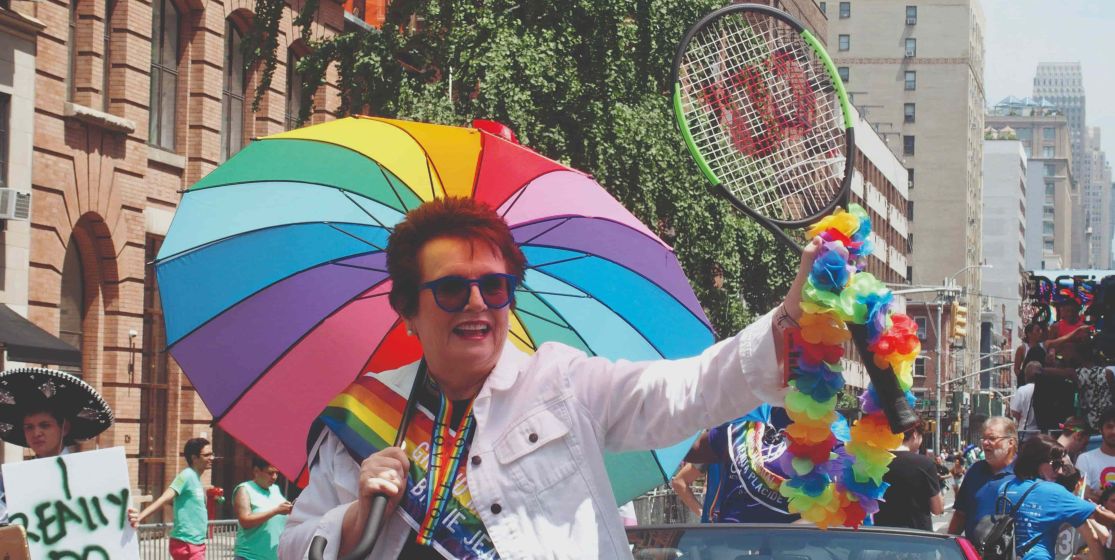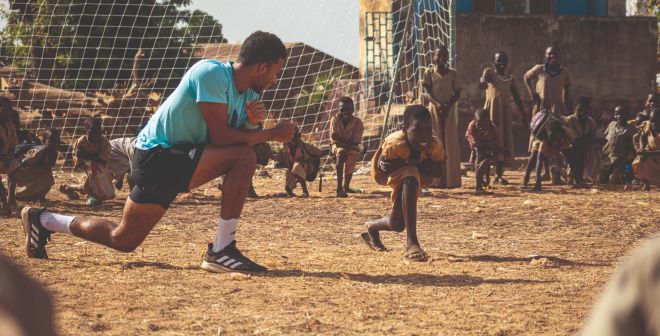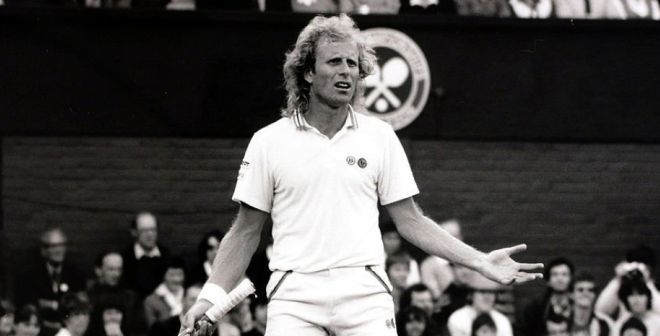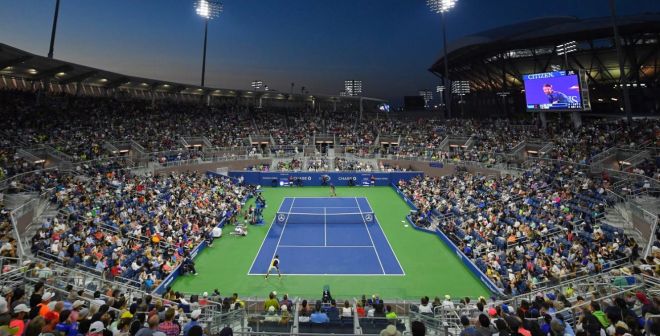The Gay and Lesbian Tennis Alliance promotes tennis for all
Dan Merrithew remembers every detail of his first ever competitive match. It was in Atlanta, in 1999. The sun was shining on every court, but the one he was playing on was the only morsel of shadow and fresh air on this burning summer day. Dan had thoroughly picked his outfit. Back then, Andre Agassi’s bald head, earring, and hearts drawn on the clay were super popular. “So, I bought the same outfit. I was more into looking cool than playing tennis,” says Merrithew laughing. Fun fact: his opponent that day, who would become one of his best friends, was wearing a dress. Dan was actually making his debut in a GLTA tournament. The Gay and Lesbian Tennis Alliance is an organisation that opened tennis to homosexual and transexual players, and it was founded much before Dan –who became its president in 2006– even got his first racket.
In the late 1980s, seven gay players gathered to play tennis on a San Francisco clay court. “They just wanted to play tennis, be themselves, and not be judged for being gay,” says Dan. It was no easy thing in a still very heterosexual-driven sport. To get more visibility in tennis, the US LGBT community opened its own courts in big cities like Dallas, San Francisco, Houston, and Los Angeles. The GLTA was founded in 1991 and gave structure to the phenomenon. The organisation –which supervised and organised several gay tournaments across the country– even gained international recognition in the late 1990s. New tournaments popped in Australia, Canada, Europe, Asia, and, more recently, South America and South Africa. “We even host tournaments in countries where homosexuality was still a crime ten years ago. Our players now play on the most impressive tennis courts in the world, like the US Open or the Australian Open courts, as well as on many other ATP and WTA courts. Also, the number of tournaments and participants keeps growing.” There are now more than 400 GLTA players; they play in the most popular tournaments of the circuit –Amsterdam, Melbourne, Bangkok, and New York –every year. GLTA is all about one thing: inclusiveness. In other words, anyone can come and try tennis; men, women, beginners, experts, gay players, straight players, cisgender players, transgender players – they are all welcome. GLTA is supported by the US and Australian tennis federations; it now has the power to raise funds to help disadvantaged New York communities play tennis, or to support charities like the Indiana AIDS Fund which fights AIDS. “We have donated a total of $5M to various grassroot charities,” says Dan Merrithew. The G LTA tennis operations have changed many things both on and off the courts. New Yorker Jean Telfort is pretty straightforward when it comes to GLTA. “They saved my life.” A former soldier, Telfort fought in Afghanistan, Bosnia, Kosovo, and Saudi Arabia. He had to hide his homosexuality for eleven years in the army. “Back in the day, in the US Army, the motto was: ‘Don’t ask, don’t talk.’ It was also forbidden to get involved in gay activities or associations. It would have meant the end of my career,” he says.
After he retired, veteran Telfort played his first GLTA match in 2005. He was finally free. “I was suffering from post-war trauma stress due to the horrors I had been through. Joining GLTA helped me handle my anger, my pain, and my loneliness. I could be myself and play with people I felt good with.” That’s the GLTA trademark; it has helped many players be freer and more open regarding their sexual identity, like Jonathan Scott, who played his first GLTA tournaments in 2008. “I had just come out of my gay shell back then. I played in doubles with my boyfriend at the time. I think we all need shelters in life. Mine are my bed, my shower, and tennis courts. When I am on the court, I leave my phone aside, and I forget about my problems, my fears, and my duties for a moment. Tennis, through the GLTA, is my way out of the world.” Jonathan keeps fond memories of one of the very first competitions he played in Orlando, in April 2009. “I went there with my ex-boyfriend. After our matches, we went out for dinner. We enjoyed the nightlife and attended the tournament’s reception.” Seven years later, on 12 June 2016, 49 people were shot down at the Pulse, an Orlando LGBT nightclub, in a homophobic mass gunfire. The murderer was shot down by the police. “This kind of tragic event reminds us why associations like GLTA are important,” says Jonathan. “I have evolved a lot thanks to GLTA. I have learnt how important temper and integrity are. I have also learnt how to be a modern gay man. In the end, I have just learnt how to be myself.”








